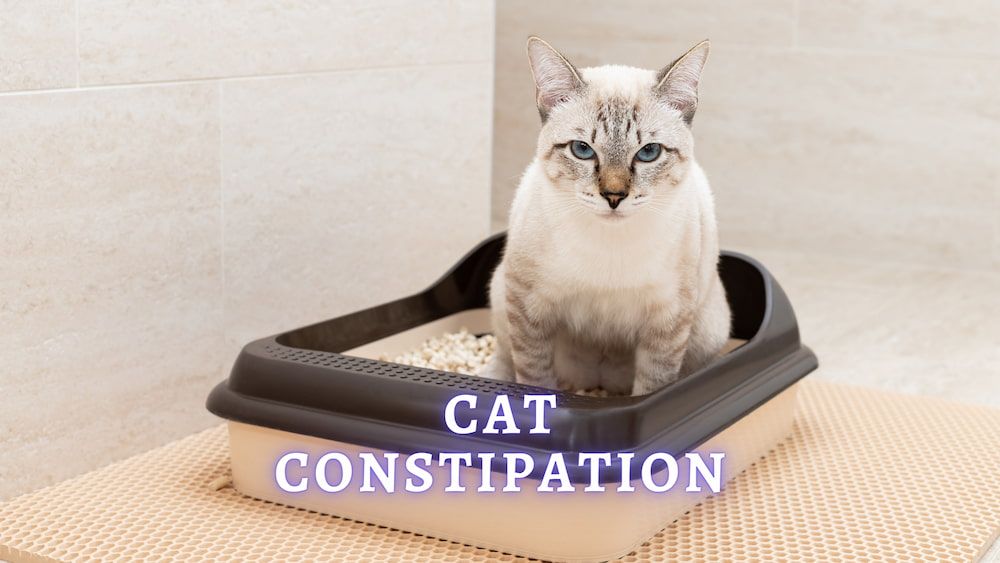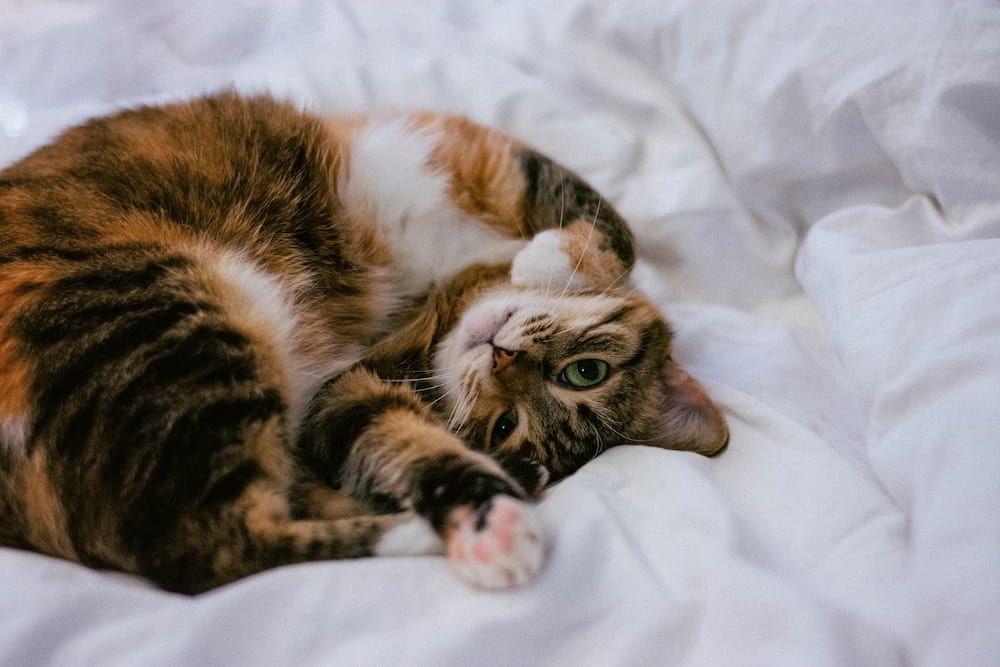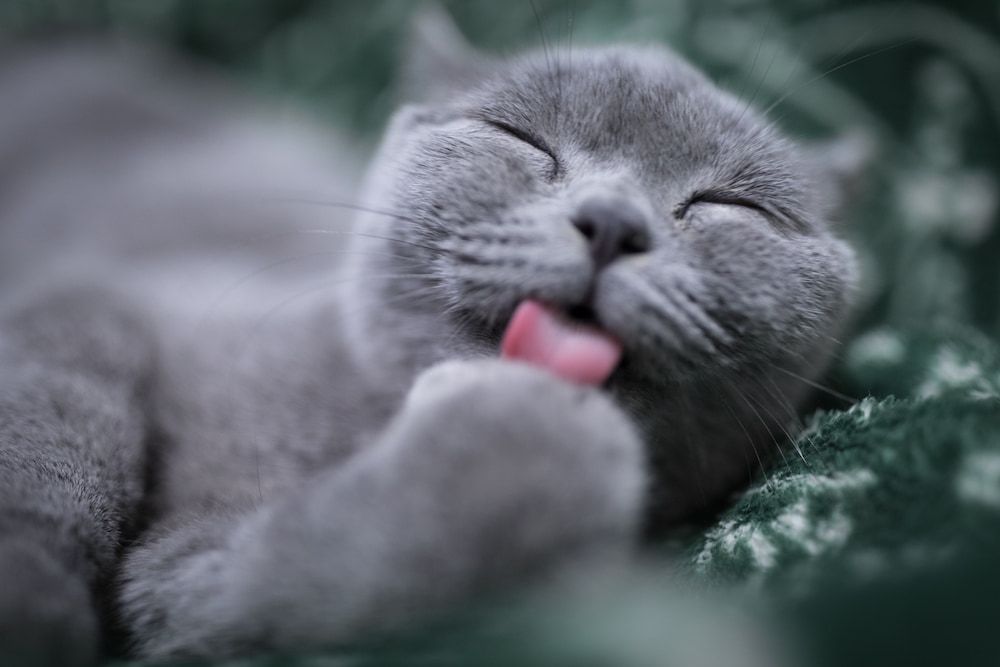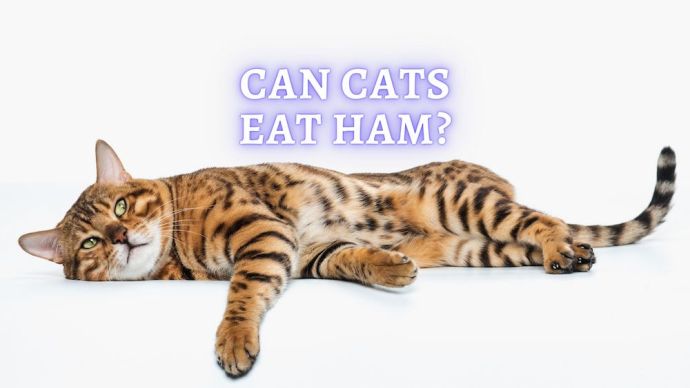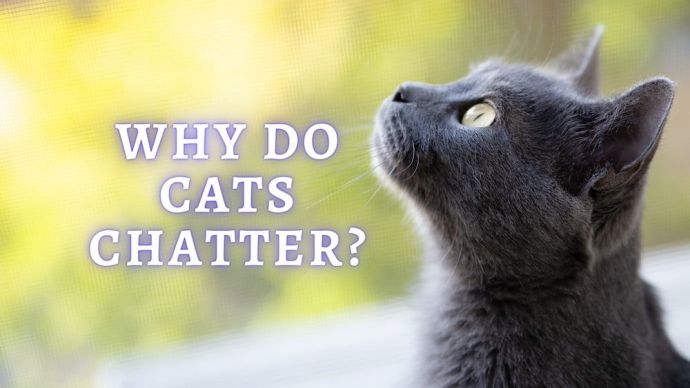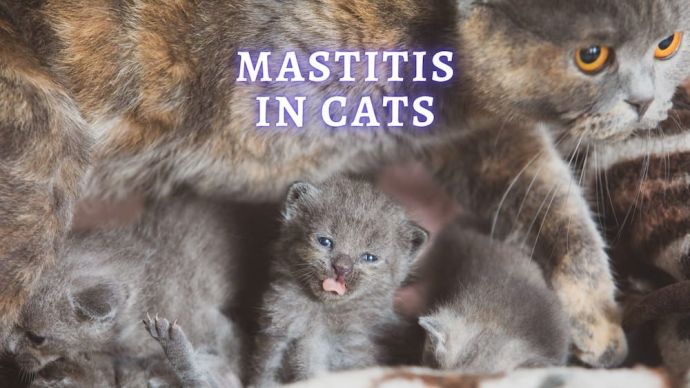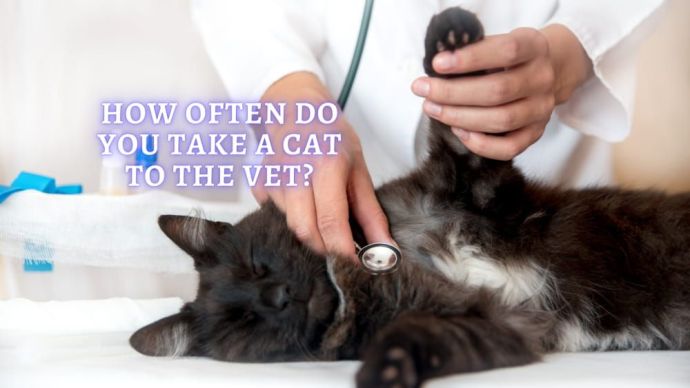Cat Constipation: Symptoms, Causes, Treatment and Home Remedies
Written by:
Author: Marissa Prizio
Marissa Prizio attended the University of New Hampshire and earned a bachelor's degree in biomedical Animal Science. Marissa has always enjoyed writing; she was even mixing literature classes into her science major in college. During her writing career, she has edited eBooks, written for a variety of websites, and created audio-visual courses for sustainability.
View all 36 articlesLearn about our editorial process and veterinary review board.
Viewed: 68
Updated on: 04/14/2023
Constipation is uncomfortable and debilitating; in some cases, it can even be deadly for our feline friends. Constipation in cats is an issue that most felines manage to hide until symptoms get serious. Cat constipation may not seem intriguing, but understanding this can help you catch early signs and possibly prevent your furry friend from facing this painful problem.
Symptoms of constipation in cats
Felines are secretive creatures, especially when unwell, which can make it challenging to notice cat constipation symptoms early on when the required treatment may be minimal. If you become suspicious of your pet’s health, pay close attention to the litter box and its behavior. The symptoms listed below are commonly related to constipation and the underlying causes of constipation.
Straining to defecate
Cats prefer a litter box with some privacy, but you may need to infringe on that privacy if your pet shows signs of straining or inability to defecate. At first, this may look like more frequent trips to the litter box or lingering near the litter box without a bowel movement for an abnormal amount of time. You have your first clue if you catch your cat straining and don’t see any stool afterward.
Cat constipation can sometimes result in small soft stools that squeeze around the blockage when pets strain, so don’t be fooled by minor amounts of diarrhea. [1][2] It is worth noting that issues with the urinary tract can also cause cats to strain in the litter box and are worth professional assessment.
Crying when using the litter box
Individuals who have had the displeasure of experiencing constipation know that it can be pretty painful, and the same is true for pets. Constipation in cats causes straining and internal discomfort that mounts over time. Complicated bowel movements like these can be so painful that pets cry when using the litter box. [1]
If your cat produces any sounds of discomfort while using the litterbox, there is a reason for concern.
Lethargy
A cat’s constipation causes discomfort, and as the blockage grows, that discomfort tends to become more and more intense. [1] Eventually, constipated pets become lethargic since moving tends to be more uncomfortable than staying still.
Loss of appetite
When a cat is constipated, some lethargy can also come from malnutrition and dehydration. [1] The more backed-up a pet’s digestive tract is, the less it can comfortably eat and drink. This loss of appetite can be highly detrimental in the long term. Kitties are not built for fasting, making a persistent loss of appetite a clear sign that something isn’t right.
RELATED: My Cat is Acting Normal But Not Eating Much
Abdominal pain
As constipation in cats builds, the blockage distends the colon and puts pressure on internal organs. [1] [2] This added pressure is uncomfortable and can change how your pet moves. Some cats may even struggle to step into high litter boxes due to abdominal pain, and cats that generally let you scoop them up are likely to express discomfort when touched around their stomach.
Abdominal distension
Aside from visibly dry and abnormally small stools or a complete lack of stool, abdominal distension is one of the few visible signs of pet constipation. This distension may be very apparent in lean individuals, but veterinarians may have to palpate larger or fluffier cats to assess abdominal distension. [2]
Vomiting
If a pet’s constipation is chronic, vomiting may occur. [1] While vomiting can result from related underlying conditions or completely separate health concerns, it indicates something isn’t right.
RELATED: Cat Vomit Looks Like Poop
What causes constipation in cats?
Cat constipation can be the result of several underlying health issues. Sometimes, something as simple as an inability to minimize stress can unbalance your feline’s digestive functions. Elderly cats and pets with chronic diseases related to the digestive tract are also at risk for bouts of constipation. The causes listed below are considered some of the most common concerning constipation in pets.
Hairballs
Grooming is a healthy behavior in cats unless it reaches a point of excess. Cats with excessive grooming due to stress or a long coat are at a higher risk of fur-related blockage. If a pet ingests too much fur while grooming, it may form a plug in the digestive tract, leading to a backup and subsequent fecal buildup. [1] [3]
Foreign Bodies
If cat constipation is caused by a foreign body, you must visit a vet immediately. Foreign bodies are any substance not intended for ingestion and has now become lodged in the digestive tract.[1] These items can cause intestinal torsion, tares, or blockages, all of which can be deadly. In many cases, medical intervention is the best option for removing foreign bodies, and constipation resolves due to their removal.
Pelvic Injuries or Abnormalities
Damage to the pelvic area can result in chronic constipation due to added pressure or malfunction of the digestive tract. Health issues like nervous system conditions that cause a decrease in the colon’s muscle strength, kidney disease, or obstructive masses are likely culprits. [1] [2] [3] It may seem like elderly pets experience constipation more often than younger cats, and that is because age often equates to new underlying health issues that can impact intestinal function.
Obesity or Stagnance
Normal movement and a healthy weight help promote standard bowel movements. The absence of these two factors can result in cat constipation in a chronic form. [1] If your veterinarian believes high weight and low activity levels to be the reason for your cat’s constipation, then helping your pet maintain daily exercise for weight loss can resolve the issue.
READ MORE: Why Is My Cat Fat?
Megacolon
Megacolon can both cause constipation and be a result of cat constipation. This refers to the colon experiencing prolonged distension that inhibits its ability to push out a fecal matter. [1] When enlarged this intestine can be damaged from a number of conditions, causing fecal matter to back up in this section. In other cases, fecal matter that has built up in an otherwise healthy colon distends it to an unrecoverable point.
A pet that is dealing with megacolon may need long-term treatment to manage the possibility of chronic constipation. In severe cases, surgery is required to remove the overly damaged parts of the colon. [3]
RELATED: Kittens Constipation
When its time to see a Veterinarian?
Cat constipation can be very serious and may indicate the presence of underlying or chronic diseases. If your pet is experiencing any of the symptoms mentioned earlier, then a vet visit is in their best interest. A veterinarian will be best able to assess the large intestine, the extent of your cat’s constipation, and if there are any underlying health issues that may be the true cause.
Depending on what is discovered, constipated cats are given medical treatment that is both supportive and preventative. This may include pet fluids for dehydrated individuals and enemas or manual evacuation for cases that can not wait on medication. [1] [2] In severe cases where a mass or foreign body is causing the obstruction, surgery may also be necessary. [3]
Most pets who respond well to initial treatment may slowly return to regular bowel movements. For individuals with chronic constipation issues or underlying conditions, like kidney disease, doctors may prescribe medications.
Over-the-counter and home remedies
You might be tempted to provide immediate relief if your cat is constipated, but home remedies should not be attempted without guidance from your pet’s vet. Not all cat constipation treatment is without side effects and not all natural remedies are a guaranteed cure to a cat’s constipation, especially if the true causes are chronic diseases.
If underlying illnesses have been ruled out and your cat requires further care at home, these are a few of the remedies that may be recommended by your veterinarian.
Dietary Management
This is one of the safest options when it comes to promoting the natural healing of constipation in cats. Cats that are experiencing constipation from intestinal irritation related to allergies can benefit from hypoallergenic diets that naturally reduce inflammation.
A low fiber diet and a water-deficient diet can predispose pets to constipation. [1] Wet food and diets with more soluble fiber promote normal movement of stool through the digestive system. [3] Well-rounded diets are natural remedies that provide probiotics to support normal digestive functions, and while dietary changes can’t cure current bouts of constipation, they can prevent future occurrences.
Laxatives
Laxatives work by either hydrating pet poop as it passes through the intestine, or by lubricating it for better mobility. When the correct types are used in a doctor-recommended dose, laxatives effectively stimulate normal defecation. [2] However, the use of human-grade laxatives in un-recommended doses can actually worsen symptoms.
How to prevent constipation in cats?
Constipation is an understandably concerning condition, but there are many ways to prevent your feline friend from facing this discomfort. For starters, you can make an effort to be aware of your cat’s stool consistency by checking your cat’s litter box deposits. Small, hard, dry feces or small bouts of diarrhea are major indicators of a cat’s constipation. If their stools start to trend towards the dryer side or they aren’t defecating at normal intervals you can catch their constipation early. [1]
You can also take action to ensure your cat’s lifestyle counters key causes of constipation. A healthy diet with plenty of nutrients and healthy levels of fiber can be paired with ample water bowls. This combination is key for hydrated and healthy bowel movements. When you mix in plenty of opportunities for exercise, your pet is more likely to maintain a healthy weight or even experience weight loss.
Providing plenty of litter boxes in private places helps encourage normal defecation. [1] Avoiding stress in other areas of their life also helps discourage abnormal or infrequent bathroom behaviors. Regular veterinary checkups are among the most impactful and often overlooked points of preventative care. Your cat’s annual health screen can lead to early detection of underlying conditions or other symptoms that can lead to constipation.
Cat Constipation FAQs
What can you give a cat for constipation?
When it comes to a kitty’s constipation, you should not give medications that have not been prescribed by a vet. The best you can do in terms of preventative care is to promote a healthy lifestyle with a cat water fountain for hydration, a balanced diet, and exercise.
What are the signs of a constipated cat?
The most notable signs of constipation can be found in your cat’s litter box. A complete absence of stool for over a day and a half, hard stool, and dry stool are common signs of constipation. In some cases, the stool consistency initially will be like small bouts of diarrhea, but that is the result of liquid stool pressing around a blockage. [1]
Will a constipated cat eventually poop?
Constipation is a serious health concern and there is no guarantee it will naturally resolve. To save your cat from the pain and danger of this condition it is best to take them to a veterinarian who will be able to choose the best method to relieve constipation for your cat.
Article Sources:
- Weir, Malcolm, and Ernest Ward. “Constipation in Cats.” VCA Animal Hospitals, vcahospitals.com/know-your-pet/constipation-in-cats.
- Gaschen, F. “Constipation in Cats – WSAVA 2017 Congress – VIN.” World Small Animal Veterinary Association Congress Proceedings, 2017 , vin.com/apputil/content/defaultadv1.aspx.
- “Constipation.” Cornell Feline Health Center, vet.cornell.edu/departments-centers-and-institutes/cornell-feline-health-center/health-information/feline-health-topics/constipation.
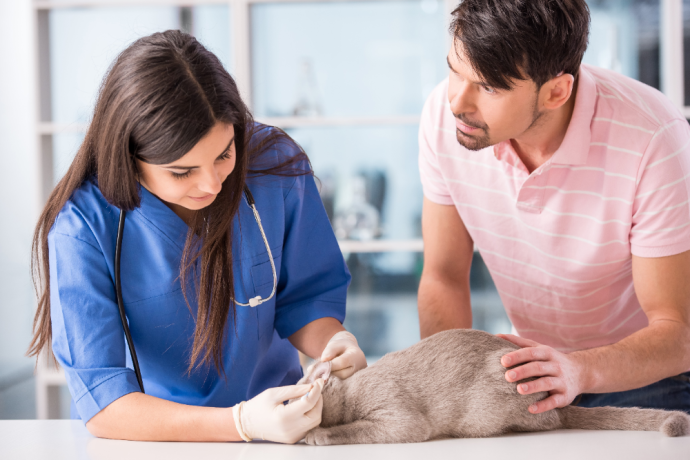 Cat Veterinary Tips Cat Fleas and Ticks: How to get rid of Fleas on Cats? (Vet Advice)
Cat Veterinary Tips Cat Fleas and Ticks: How to get rid of Fleas on Cats? (Vet Advice) - 170
- 0
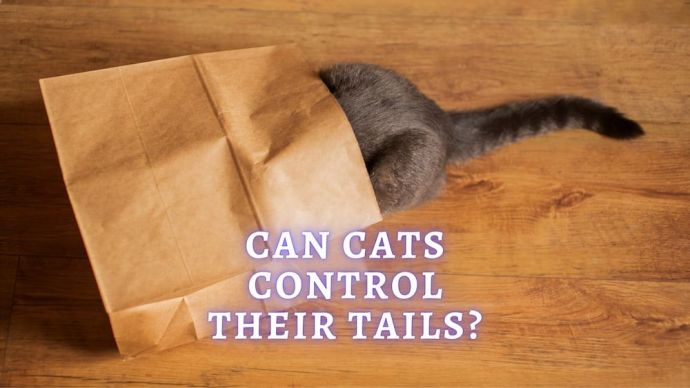 Cat Care Can Cats Control Their Tails? How Much Control Do Cats Have Over Their Tails?
Cat Care Can Cats Control Their Tails? How Much Control Do Cats Have Over Their Tails? - 66
- 0
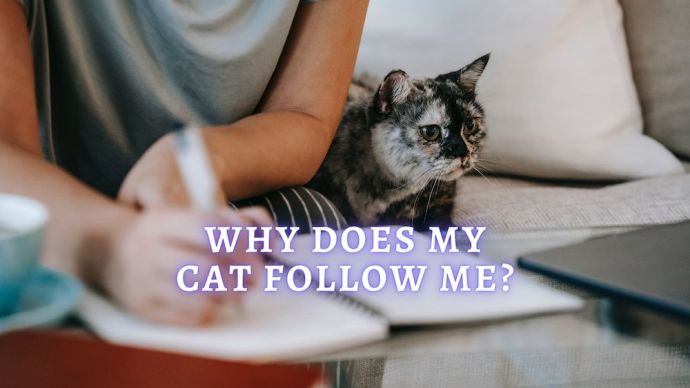 Cat Care Why Does My Cat Follow Me? Reasons Why Your Cat’s Following You Everywhere
Cat Care Why Does My Cat Follow Me? Reasons Why Your Cat’s Following You Everywhere - 181
- 0
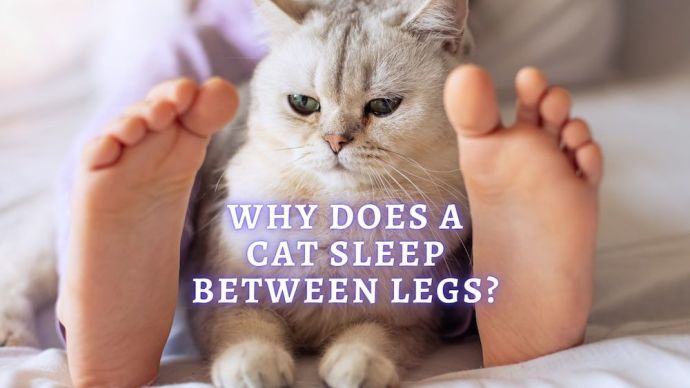 Cat Care Why Does My Cat Sleep Between My Legs? 7 Reasons Why Do Cats Sleep Between Legs
Cat Care Why Does My Cat Sleep Between My Legs? 7 Reasons Why Do Cats Sleep Between Legs - 143
- 0
 Cat Care Why Does My Cat Attack My Legs? 10 Reasons Why and What To Do About It (Vet-Approved Advice)
Cat Care Why Does My Cat Attack My Legs? 10 Reasons Why and What To Do About It (Vet-Approved Advice) - 45098
- 21
 Cat Veterinary Tips Cat Stomach Gurgling: Vet Advice on Why is Your Cat Stomach Gurgling?
Cat Veterinary Tips Cat Stomach Gurgling: Vet Advice on Why is Your Cat Stomach Gurgling? - 33745
- 4
 Cat Veterinary Tips My Cat Lost its Voice: Can Cats get Laryngitis? (Vet Advice)
Cat Veterinary Tips My Cat Lost its Voice: Can Cats get Laryngitis? (Vet Advice) - 22895
- 13









